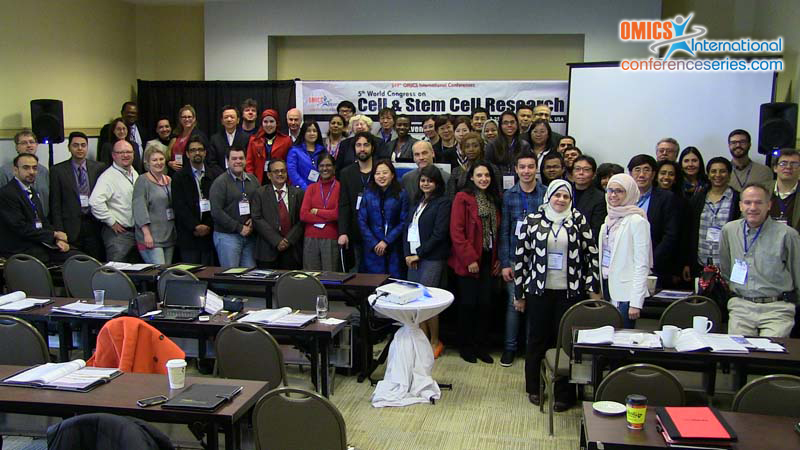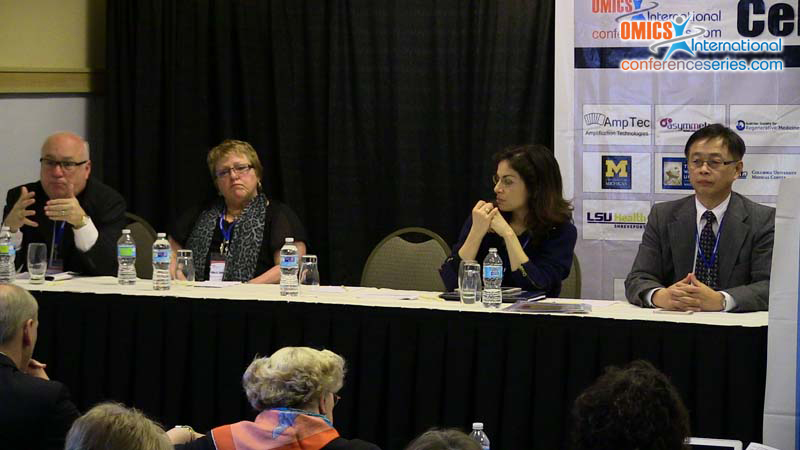
Patricia Berg
George Washington University Medical Center
USA
Title: BP1, a Potential Oncogene Overexpressed in Cancer
Biography
Biography: Patricia Berg
Abstract
BP1, a gene we identified and cloned, is a member of the homeobox gene family of transcription factors (TF). BP1 is overexpressed in breast cancer, prostate cancer, ovarian cancer, acute myeloid leukemia, non-small cell lung cancer, and possibly other malignancies as well. Important characteristics of BP1 in breast cancer include: (1) BP1 is expressed in 80% of invasive ductal breast tumors, including 89% of the tumors of African American women compared with 57% of the tumors of Caucasian women. (2) BP1 expression correlates with the progression of breast tumors, from 0% in normal breast tissue to 21% in hyperplasia and 46% in ductal carcinoma in situ. (3) Expression of BP1 is associated with larger tumor size. (4) BP1 appears to be associated with metastasis. Forty-six cases of inflammatory breast cancer were examined and all were positive for BP1 expression, as well as matched lymph nodes in the nine metastatic cases. (5) BP1 overexpression induces oncogene expression, including BCL-2, VEGF and c-MYC, as well as other genes important in angiogenesis, invasion and metastasis. pBP1 down-regulates BRCA1. (6) BP1 up-regulates ER alpha and induces estrogen independence. High pBP1 levels can lead to estrogen independence in ER positive breast cancer cells and tumors in mice. In summary, BP1 appears to confer properties on breast cancer cells that lead to a more invasive and aggressive phenotype. Since the functions of homeotic TF are highly conserved, it is likely that BP1 regulates many of the same processes and genes in other malignancies.


